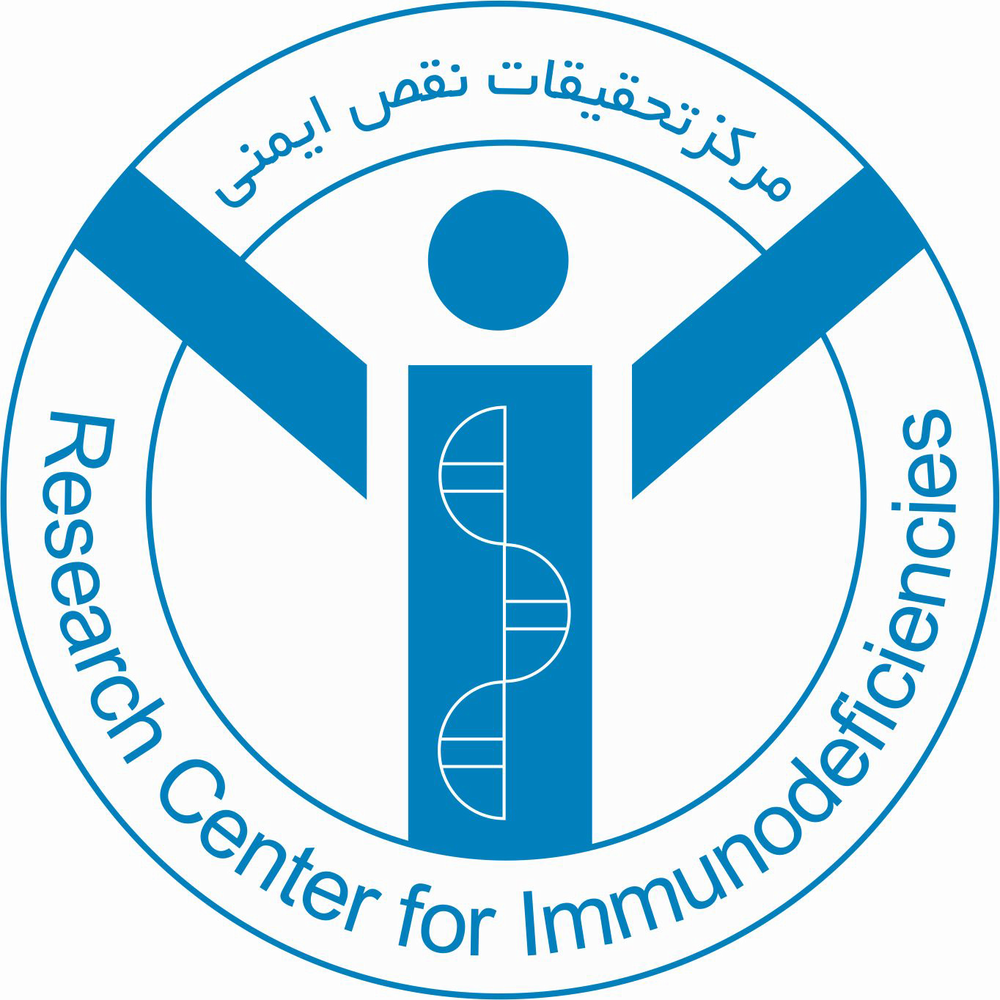Investigating the rate of infection leading to hospitalization in patients with Chronic Granulomatous Disease (CGD) treated with and without interferon gamma (IFN-γ)
Chronic Granulomatous Disease (CGD) is a primary immunodeficiency that typically manifests within the first months or years of life.
Chronic Granulomatous Disease (CGD) is a primary immunodeficiency that typically manifests within the first months or years of life. Patients often present with recurrent infections, lymphadenopathy, inflammatory bowel disease, granulomatous colitis, fever, skin infections, osteomyelitis, and/or abscesses. Since 1991, recombinant human gamma interferon (IFN-γ) therapy has been recommended as a prophylactic treatment to prevent infections in patients with CGD. However, the mechanisms of IFN-γ action in CGD are not fully understood. Some early reports on various forms of CGD indicated that oxidative metabolism is partially restored in patients' cells after IFN-γ treatment.
Given the impact of gamma interferon in reducing infections in CGD patients and the lack of prior studies on this topic in Iran, we aimed to conduct a study to evaluate the incidence of infection leading to hospitalization in CGD patients undergoing treatment with gamma interferon compared to those not receiving this treatment.




comment